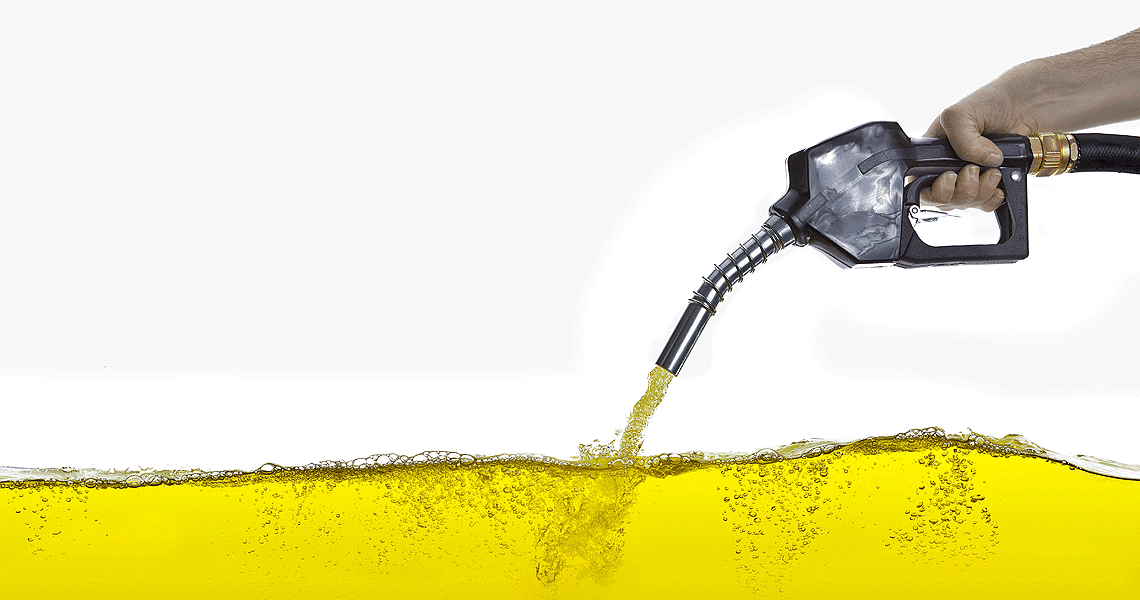Biodiesel
Biodiesel is any kind of biofuel made from animal fats and vegetable oils, either new or recycled. It is the most common biofuel in Europe and is produced mainly from soy, sunflower, palm oil and jatropha but also from other vegetables like rapeseed, mahua, mustard, flax and even algae. Please keep on reading about our enhancements in biodiesel production.
The term biodiesel is typically used for any kind of biofuel made from animal fats and vegetable oils, either new or recycled. It is produced at a variety of scales from small scale workshops to large biorefineries; and the feedstocks used include used cooking oil (UCO) and oils from crops including soy, sunflower, palm oil, rapeseed and even algae.
Biodiesel typically contains fatty acid methyl esters (FAME) and other compounds and its production can involve various heating, cooling and condensing processed.
HRS Heat Exchangers produce a number of heat exchangers which are suitable for biodiesel production and processing.
HRS have provided heat exchanger solutions for all of the following processes:
- Methanol condensation & sub cooling
- Methanol heating
- Cooling of methanol-glycerin mixes
- Biodiesel heating
- Biodiesel heat recovery
HRS Heat Exchangers’ products for the biodiesel sector:
Heat Exchangers:
- Multitube Heat Exchangers: HRS K Series
- Plate Heat Exchangers: HRS PHE Series
